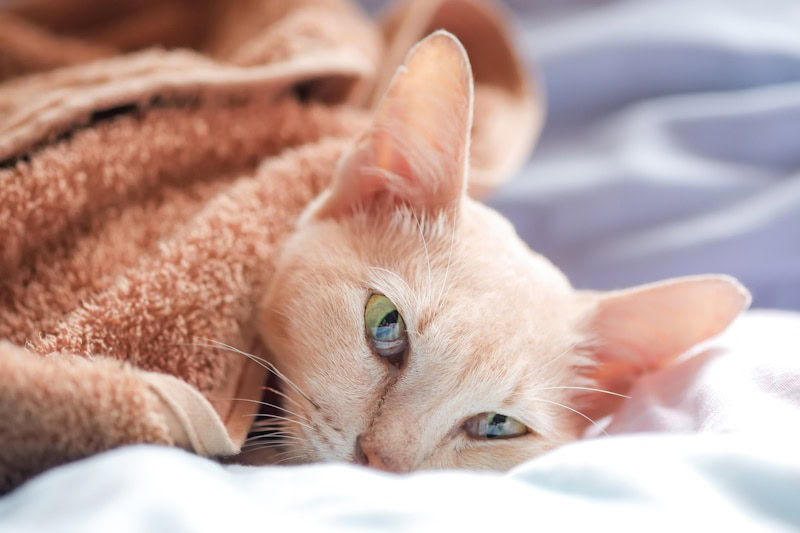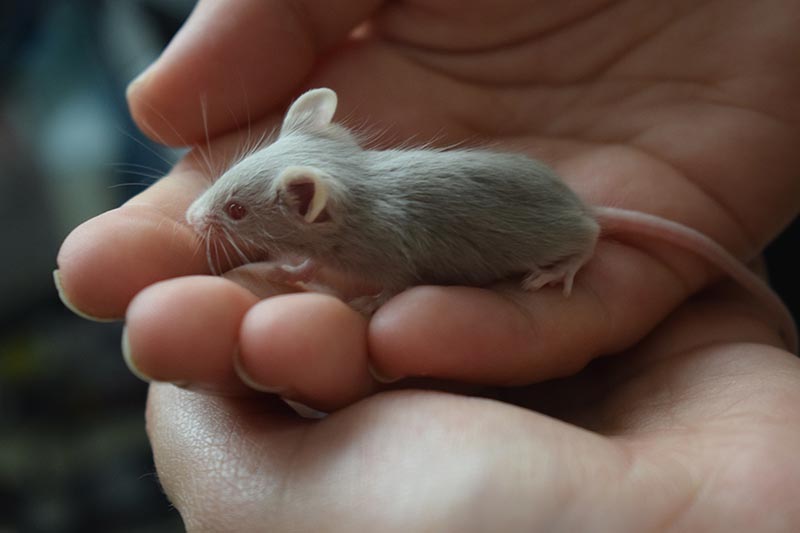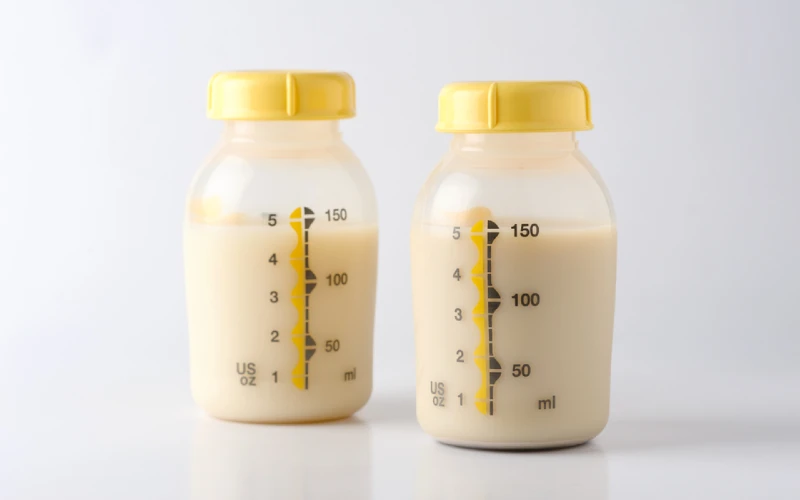VET APPROVED

The information is current and up-to-date in accordance with the latest veterinarian research.
Learn more »Vomiting can be a concerning symptom in your cat, especially if you do not know the cause. If your cat is regularly vomiting, it can indicate that they have some sort of underlying illness or a possible dietary allergy. Most healthy cats will not vomit unless it is to regurgitate a hairball.
It is important to identify what your cat’s vomit looks like so you can tell if there is any blood or undigested food in the vomit, which can indicate what condition might be causing your cat to feel unwell.
Below, we’ll look at seven potential causes of your cat’s vomiting.

The 7 Reasons Why Your Cat Threw Up
1. Gastroenteritis
This can refer to a type of stomach illness or upset that can cause your cat to suffer from vomiting and abdominal pain. This could result from certain toxins, medications, or new foods. Gastro can become quite serious if it is left untreated because affected cats can easily become dehydrated as a result of losing fluids through their bodies by vomiting and diarrhea.
Your cat will need to be treated by a veterinarian, and their fluids should be replaced through an IV line administered by a veterinarian.
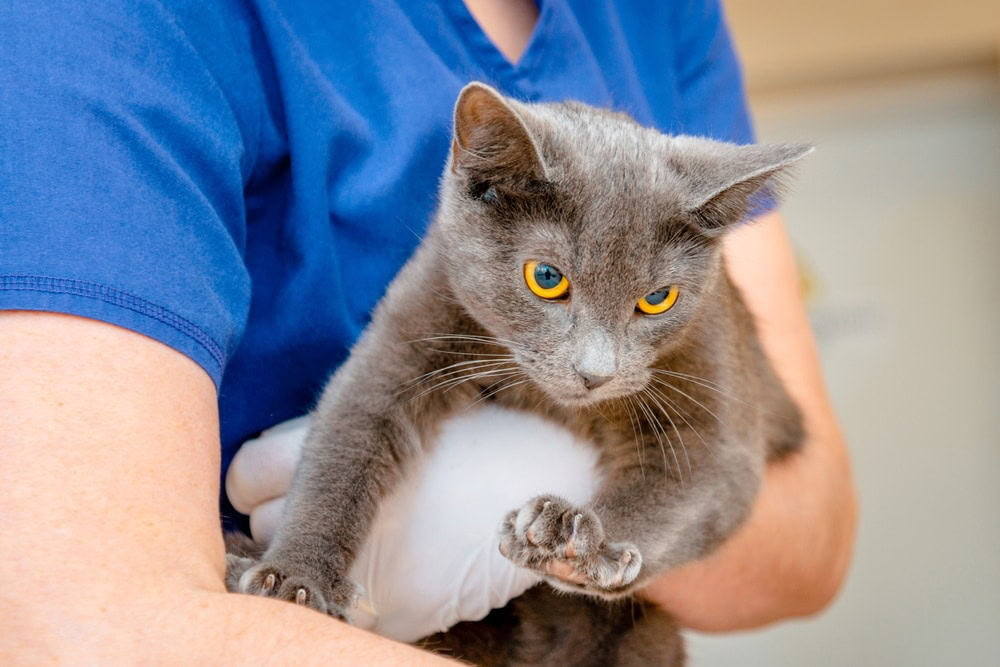
2. Obstructions
If your cat has been playing with a toy and pieces have broken off, they are at risk of obstruction either in their esophagus or intestines. This can cause a blockage and lead them to vomit as well as suffer from inflammation in their GI tract. In some cases, your cat may choke, so it is important to have this problem rectified by a veterinarian. You may also notice that your cat is constipated and acting lethargic.
If you are concerned about the health and well-being of your pet, seek veterinary advice for the best course of action.
3. Parasites
Intestinal parasites are most common in young kittens, and while it can be a serious problem for young kittens, cats of any age can become infected with parasites. You may see live parasites in your cat’s poop or vomit, as well as blood. Your cat’s abdomen may be swollen, and they may be acting abnormally. It is important to take your cat to the veterinarian if you suspect your cat or kitten is infected with intestinal parasites.
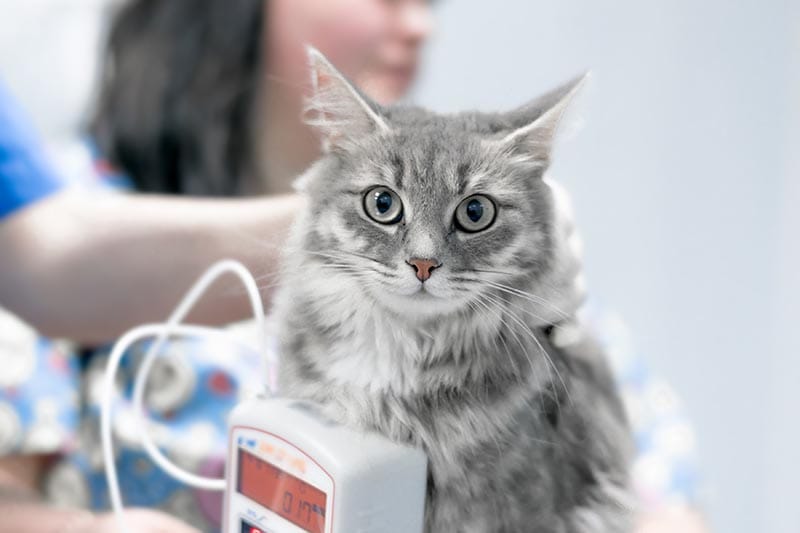
4. Cancer
Cancer in different parts of your cat’s body can cause your cat to feel nauseous and uncomfortable, leading to vomiting. Cancer in a cat’s digestive tract is the most likely cause for your cat to show symptoms of digestive upset in the early stages of their cancer. Cancer could interfere with your cat’s normal digestion, which can cause more problems to arise aside from consistent vomiting.
5. Hairball
When cats groom themselves, their rough tongues gather loose fur and dander from their coats, which are then swallowed. These large volumes of hair build up over time and cannot be easily ingested.
This will cause your cat to vomit or regurgitate a hairball that may appear to be vomit at first, but you will notice a cluster of hair in the vomit. Cats get hairballs easily, but it can become a problem over time if it happens too often.
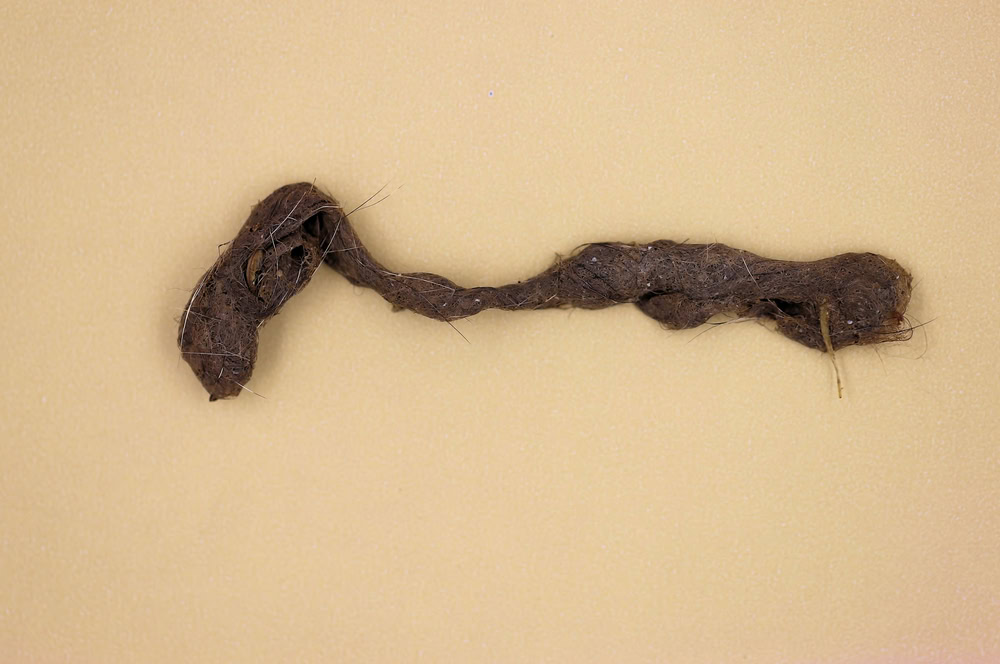
- If you’re looking for an effective yet safe solution to clean up vomit, check out our favorite pet-friendly products here.
6. Illness
There are a few illnesses that can cause chronic nausea and vomiting in cats, such as pancreatitis, kidney disease, and hyperthyroidism. Many of these conditions may need lifelong treatment and management to control your cats’ signs. A veterinarian can diagnose and treat your cat’s conditions and prescribe medication to control your cat’s nausea and vomiting.
7. Diet problems
Food allergies are common in cats and can cause digestive upset. Food allergies in cats are most often caused by the protein source in the food.
Certain foods can trigger inflammation in your cat’s stomach, which can cause vomiting and nausea in the later stages. Managing your cat’s diet is important if they have a food allergy, as you will need to change their diet to minimize causing your cat the discomfort of having to digest difficult foods. A veterinarian can make diet recommendations for your cat with food allergies.


In Conclusion
It is unpleasant to have to deal with a cat who keeps throwing up, which makes it important to identify what is causing your cat to feel sick and take them to a veterinarian right away. A cat constantly throwing up may also show some abnormal behaviors, which can indicate that they are not feeling too good.
We hope this article has helped you identify why your cat’s vomiting so your beloved feline can be promptly treated.
You Might Also Be Interested In:
- Easy Home Remedies for Cat Hairballs (Vet Answer)
- Best Hairball Remedies for Cats: Reviews & Top Picks
Featured Image Credit: Oporty786, Shutterstock
